Having a cat as a pet may seem like an easy task, but in reality, it requires proper care in order to thrive. They are one of those creatures that have the attitude of confidence like they don’t need anyone, and they are self-sufficient. This would be true if they weren’t pets. In this case, their health relies a lot on the owner.
Just as is the case with humans, their health depends largely on the food they eat. And much of what is offered in the shops today is full of carbohydrates. Which brings us to the question of whether they need carbohydrates at all? And if they do, what is the best choice of their source?
Read the rest of the article to find out.
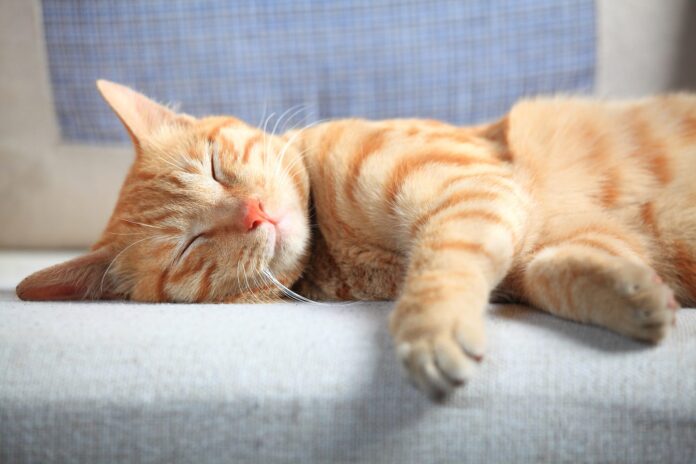
Let’s start with what’s good nutrition for a cat?
The cat is an exclusive carnivore and although it stopped hunting as a pet, its nutritional needs have not changed. It is most practical to feed it dehydrated food because it contains all the necessary nutrients. There are types of food for all types of cats, depending on the size, age, activity, and health condition. Sometimes they are allergic to some type of food and then the food needs to be changed.
The basic rule is that when choosing food, you have to know the ingredients are listed in order of quantity, e.g. if wheat flour is in the first place, and poultry flour in the second, it means that there is more wheat flour than chicken, and this type of food is not a very good option.
Proteins of animal origin should be in the first place, and it is good that the food contains fish oils that belong to quality fats, then fiber (beet), as well as Omega 3 and 6. Higher prices of food regularly guarantee its quality, unfortunately.
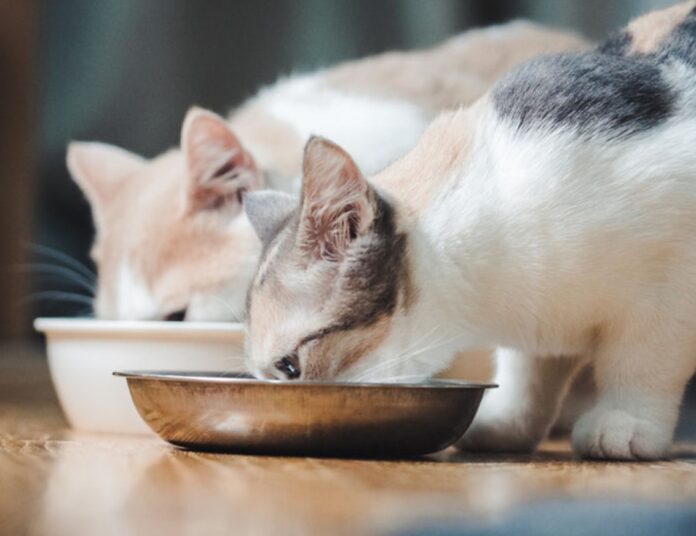
What do experts suggest, wet or dry food?
Wet food is recommended due to its high-water content. You can also add dry food if needed. Differences in the quality of wet food are large, and they are not so easy for people who are not professionals in this field to notice. The description of the product calls into question its composition because the ingredients are listed in proportion from highest to lowest and are grouped together.
You will recognize high-quality food, among other things, by the fact that all the ingredients are listed in detail on the label instead of grouped together. If the food is declared as so-called “complete or simple animal feed”, according to the manufacturer, it contains all the necessary ingredients for your beloved pet.
According to veterinary medical knowledge, dry food has been recommended only as a food supplement for the last fifteen years, because a small amount of water in the body can lead to serious kidney problems.
Dry pet food obviously does not meet the natural needs of the cat but is based on the requirements of people who want cat food to be “appropriate” and odorless and can be consumed throughout the day even in the absence of a cat owner.
Only when your cat explicitly refuses wet food is the alternative to feeding it only dry food. In this case, it is important that it drinks enough water to make up for the low water content of dry food and avoid kidney disease. Here you can learn more about what kind of food is considered to be of the most quality.
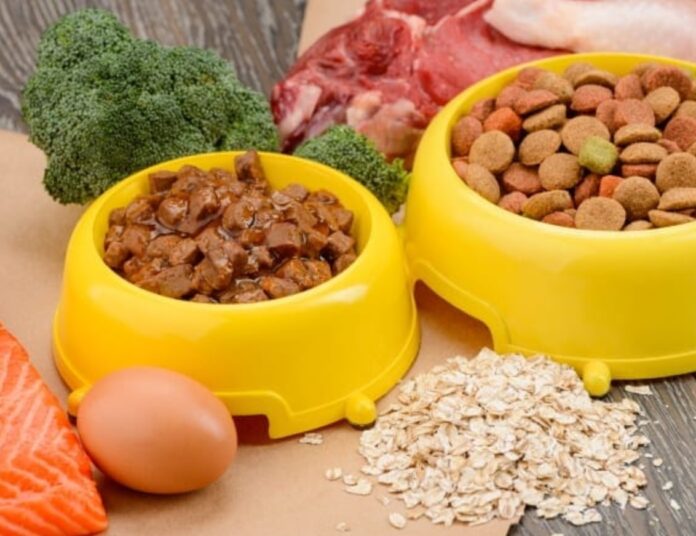
Do they need carbohydrates at all?
The function of carbohydrates in cats is to provide them with the necessary energy. Since they are carnivores, they have a completely different organism from us humans, so they don’t need as many carbohydrates as we do. The most important thing is to know that, since their DNA comes from wolves, i.e. wild cats, carbohydrates originating from vegetables are more suitable, not from cereals. Avoid large amounts of cereals in the diet of your pets because they are a source of carbohydrates that are quickly converted into sugars, and excess sugar into fat.
From the excess of carbohydrates originating from cereals, cats get fat, they burden the work of the digestive tract, kidneys, all organs, they eat such food in quantities more because they cannot digest and absorb it. So, feeding cats with a lot of grains, and therefore with a lot of carbohydrates with a high glycemic index, is unhealthy for them.
Carbohydrates should be present in the diet of cats in small, moderate amounts, in the appropriate percentage, as well as balanced along with proteins and fats.
If you feed your cat food prepared at home, the meal should consist mostly of meat food (chicken, turkey, beef, and bluefish). Cats need foods rich in protein, fiber, vitamins and minerals, fats and essential fatty acids, and low in carbohydrates. Protein is especially important for kittens, pregnant cats, those who are breastfeeding and recovering from illness. If you feed cats raw meat, be sure to freeze it in the freezer for 3 days. In this case, it is important to keep the ratio of meat, bones, and intestines in order for the cat to develop well and be healthy.
Final word
A cat must always have a bowl of freshwater available. Water is a major component of the blood and carries oxygen and nutrients to the body. It also removes carbon dioxide and metabolites from the body helps regulate body temperature, is essential for digesting nutrients and eliminating impurities through the kidneys. Always provide your cat with enough clean and fresh water, especially if you feed it dry food.
Also, always give your cat room temperature food, never freshly taken food from the refrigerator. If you keep cans in the refrigerator, let them warm up to room temperature beforehand. Keep food containers clean at all times – the smell of stale food will discourage some cats from eating.

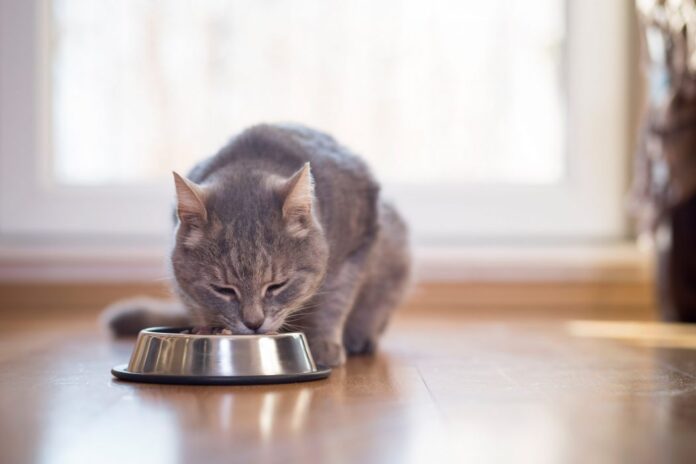
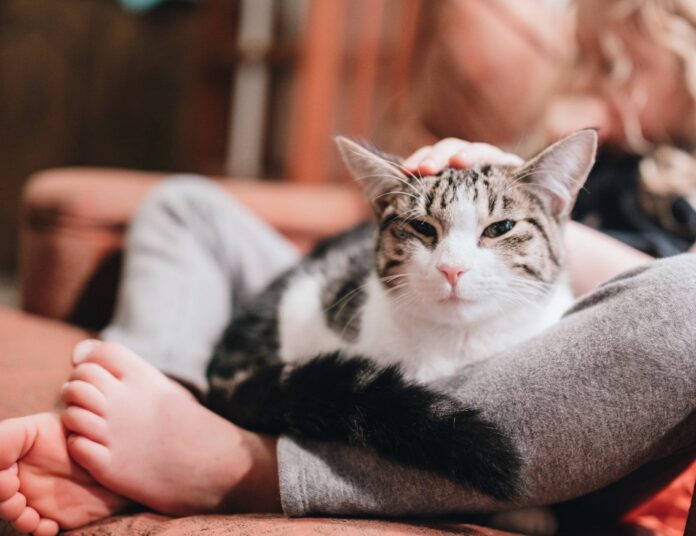
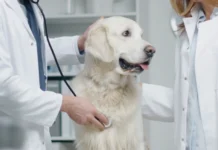


![Calgary’s Hottest Neighborhoods for Luxury Homebuyers [2024]](https://thewashingtonote.com/wp-content/uploads/2024/04/Calgary-324x160.png)



